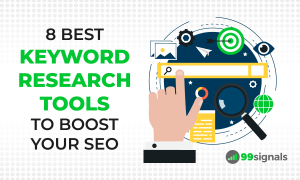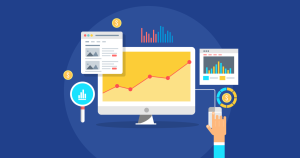This is the web version of Data Sheet, Fortune’s daily newsletter on the top tech news. To get it delivered daily to your in-box, sign up here.
Artificial intelligence is a bit like 5G. Both are heavily hyped, genuinely new, and poorly understood. (This explainer by Brian Chen in The New York Times might help on 5G; I plan to focus today on A.I.)
Oh, and there’s a lot of money to be made on both too, particularly from consultants, technology hardware and software vendors, and cloud services providers.
Strictly speaking, A.I. isn’t new. The notion and the aspiration have been around for decades. But new computing capacity married with scientific breakthroughs in harnessing have led to the hype and business explosion.
That newness shone through in a panel hosted Wednesday morning by Fortune deputy editor Brain O’Keefe. Tatsiana Maskalevich, a data scientist at clothing retailer Stitch Fix, calls the information its clients give the company—their size, age, hair and skin color, likes and dislikes, and so on—“a data scientist’s goldmine.” The data helps human stylists, the people who choose clothes for clients, stay ahead of preference curves, faster than if they were merely reading the fashion zeitgeist. (Stitch Fix is trusted too: Maskalevich says the company often knows about client pregnancies before their families do.)
Joelle Pineau, a McGill University professor and A.I. big shot at Facebook, says the powerful company is applying machine-learning techniques to quickly translate medical reports about the pandemic, most of which are written in English.
And Lan Guan, an “applied intelligence” expert at Accenture, which sponsored the event, notes that because A.I. is so new, there is little historical data to choose from in analyzing it. “A.I. is a living and breathing engine,” she says.
(A delightful side note for a virtual event hosted by Fortune, a publication that over-indexed on male executives for decades: an entire panel of women.)
If you want to dig deeper into the newness of A.I., read Jonathan Vanian’s compelling feature about one of A.I.’s weakest suits, at least as it has been applied so far: reading spreadsheets and other so-called structured data.
Have an intelligent day.
Adam Lashinsky
@adamlashinsky
This edition of Data Sheet was curated by Aaron Pressman.





